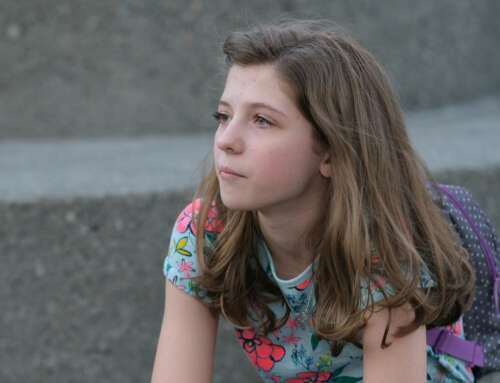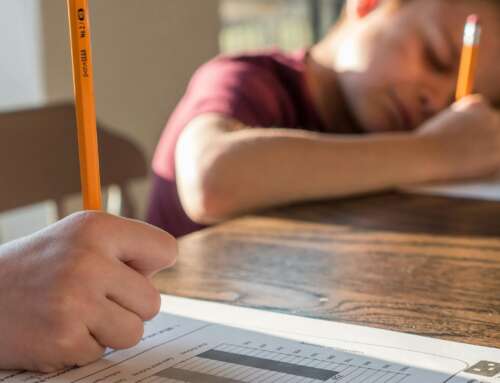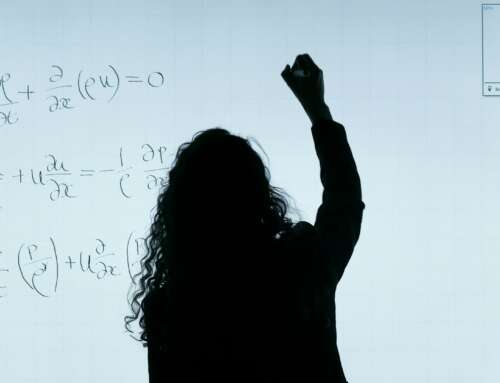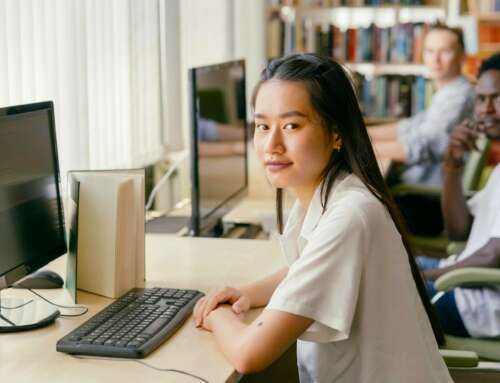Kareem El-Ansary completed a marathon listening tour last year, visiting 56 locations from around Australia and conducting 233 consultations at a diverse range of organisations, from schools to non-profits to juvenile detention centres. The issues raised were as varied as the young people themselves, but one key message remained constant; supporting us better starts with listening more.
This takes some thinking about how to achieve, although Kareem notes that it doesn’t have to be overly engineered. “At our consults we would make sure that everyone would be sitting in a circle at the same level, no hierarchy. We made sure to ask broad questions, we didn’t go in and ask a whole lot of specific personal questions about their lives. We spent a significant portion of the time building trust, getting to know each other a little bit.”
Then we started with some spectrum activities, posing open-ended statements like ‘I feel positive about the future’ and people can give a thumbs up, down or in the middle depending on if they agree or disagree. You can call on people and ask them to explain why they responded they way they did, and if they’re not comfortable with explain that’s fine but at least they start thinking about how they voted, thinking about the question. Usually what you get is a snowballing effect where one person raises a point, and someone else is like ‘I’ve been thinking the same thing for a while!’ and that gets the conversation going.
The need for consultation was nowhere more apparent than on the issue of education, something that young people care about a surprising amount. The problem is that many young Australians feel that the education system could cover more areas of practical importance to them, like how our political and economic systems work. Where these subjects are being covered at all, too often the content is the dry mechanics of parliament and financial institutions, not how young people can engage with politics or navigate the tax system. By making education more relevant in this way, young people believe it could be a major force for addressing many of their other key concerns.
Kareem points out that he did come across schools and teachers that are already doing this. “One teacher had developed this activity where each member of the class determines what sort of job they want to do, they look at the average wage according to ABS data and they break that down to work out a weekly budget. Then they draw cards, a bit like Monopoly and it’ll say something like ‘you got a busted tyre, it costs $200 to replace’ or ‘you got your tax returns of $400 this week’, and they have to factor that in to their budget. It was interesting to see how some teachers are actually making it fun and at the same time teaching kids how to manage money.”
These are great examples of creative education at a local level, but what young people are really calling for is a systemic overhaul of the education system. The ATAR system especially has come under fire, with young people arguing for more project-based learning to better reflect the world of work that awaits students after school.
Education is one of many issues of concern to young people, but it’s their key concern overall and both impacts and is impacted by the other key issues of the environment, mental health, discrimination and violence. It’s critically important that they’re given a seat at the table when it comes to deciding what and how they’re taught.







Leave A Comment